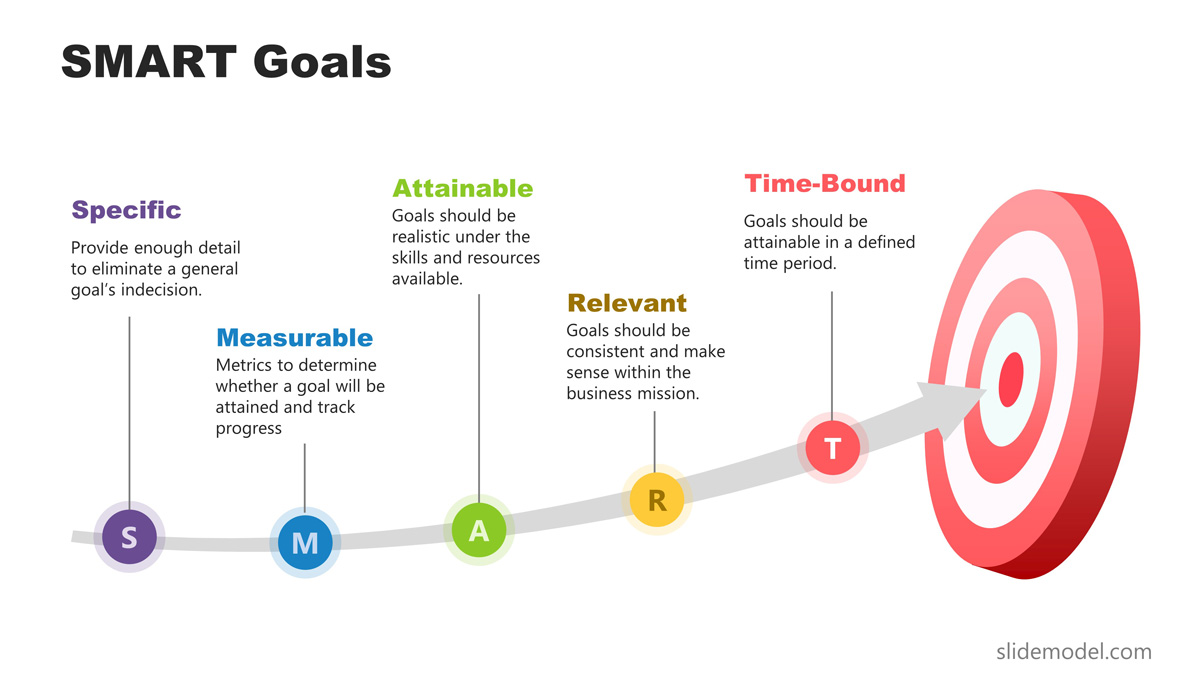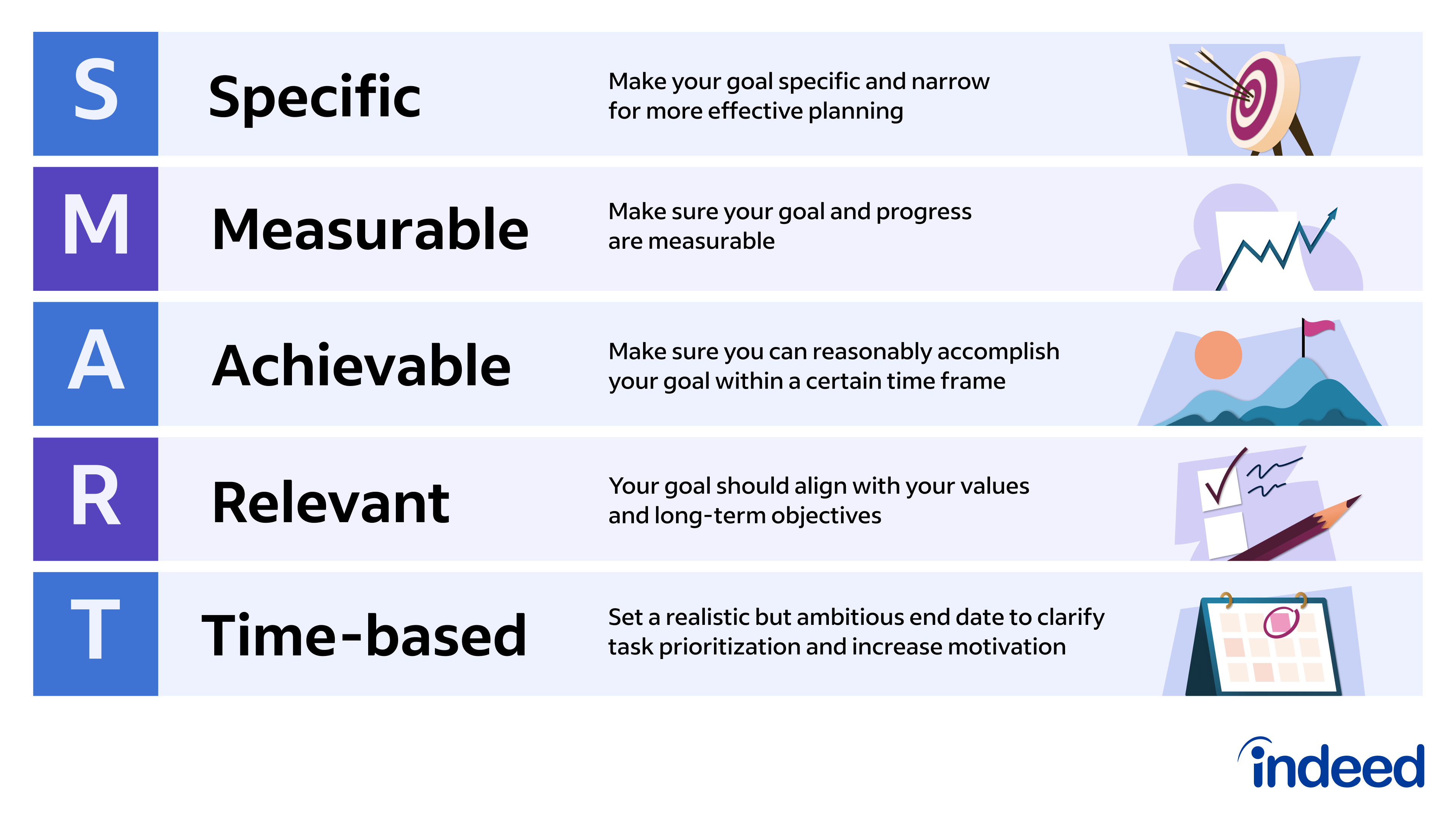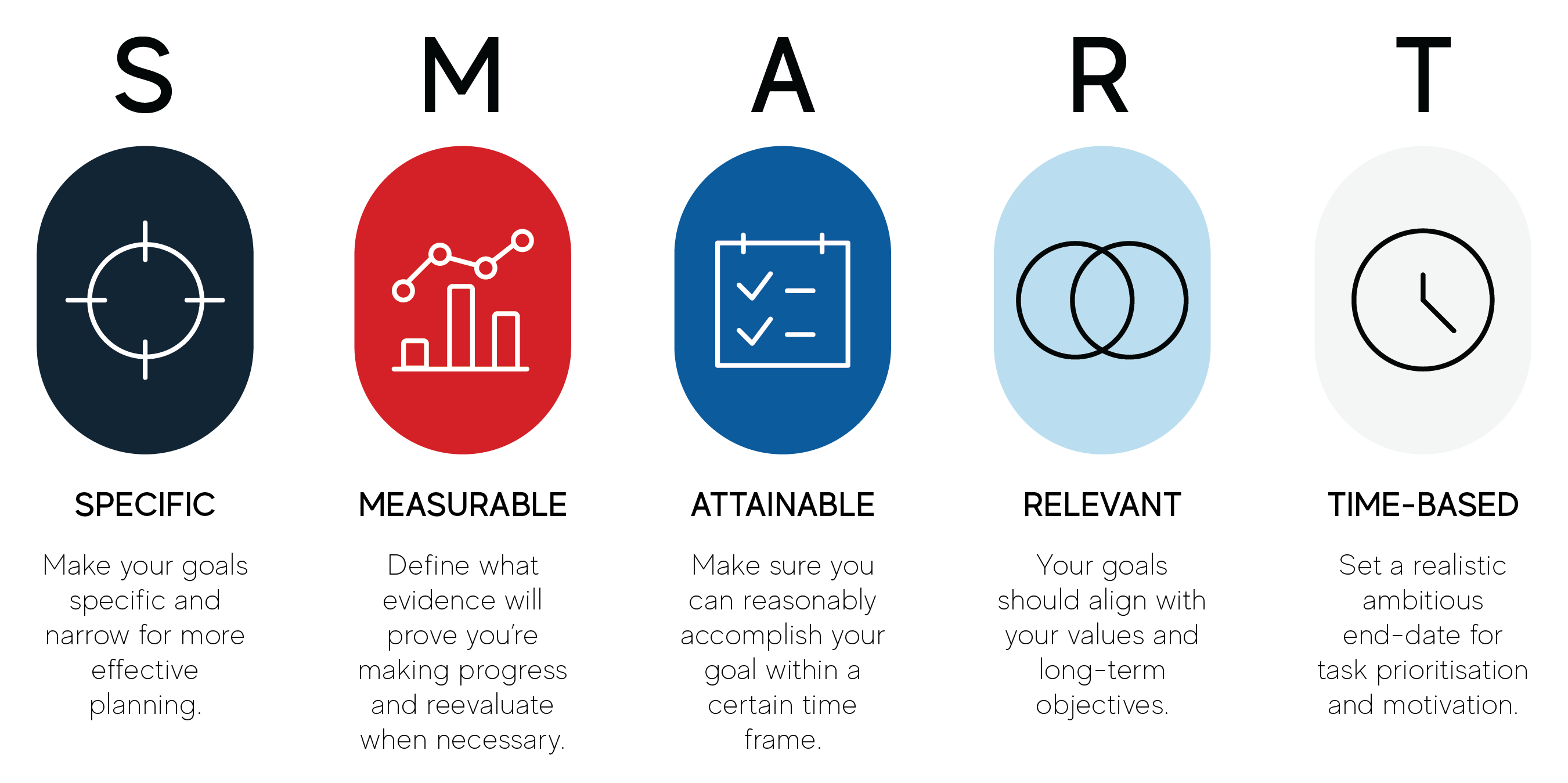Unlocking Success: The Art of Setting SMART Goals
Setting goals is an essential aspect of achieving success in any endeavor, especially in business management. Without clear goals in place, it can be challenging to measure progress and stay motivated. This is where the concept of SMART goals comes into play. By setting Specific, Measurable, Achievable, Relevant, and Time-bound goals, individuals and organizations can effectively map out their path to success.
Specific goals are clear and well-defined. Instead of setting a vague goal like increase sales, a specific goal would be something like increase sales by 10% in the next quarter. By clearly outlining what needs to be accomplished, individuals can focus their efforts and resources on achieving that specific objective.
Measurable goals allow individuals to track their progress and determine whether they are on track to achieving their objectives. For example, if a business sets a goal to improve customer satisfaction, they can measure this by conducting customer surveys and tracking the results over time. Measurable goals provide a tangible way to gauge success and make adjustments as needed.
Achievable goals are realistic and attainable. While it’s important to set ambitious goals, it’s also crucial to ensure that they are within reach. Setting unattainable goals can lead to frustration and demotivation. By setting achievable goals, individuals can maintain a sense of momentum and accomplishment as they work towards their larger objectives.

Image Source: slidemodel.com
Relevant goals are closely aligned with the overall mission and objectives of the business. Setting goals that are not relevant to the core values and purpose of the organization can divert resources and energy away from what truly matters. By ensuring that goals are relevant, individuals can stay focused on what is most important and impactful for the business.
Time-bound goals have a clear deadline or timeframe for completion. Without a sense of urgency, goals can easily be pushed aside or delayed indefinitely. By setting deadlines for goals, individuals can create a sense of accountability and motivation to work towards achieving them within a specified timeframe.
In business management, setting SMART goals is key to driving success and achieving desired outcomes. Whether it’s increasing sales, improving customer satisfaction, or enhancing operational efficiency, SMART goals provide a roadmap for success. By following the principles of Specific, Measurable, Achievable, Relevant, and Time-bound goal setting, individuals and organizations can unlock their full Potential and reach new heights of success.
In conclusion, the art of setting SMART goals is a powerful tool for success in business management. By setting clear, measurable, achievable, relevant, and time-bound goals, individuals can effectively guide their actions and decisions towards achieving their desired outcomes. So, take the time to set SMART goals for yourself and your organization, and watch as success unfolds before your eyes.
Mastering Business Management with SMART Goals
Setting goals is an essential aspect of business management. It provides a direction for the organization and ensures that everyone is working towards a common objective. However, setting goals without a clear strategy can lead to confusion and inefficiency. This is where SMART goals come in.

Image Source: slidemodel.com
SMART goals are Specific, Measurable, Achievable, Relevant, and Time-bound. By following these criteria, businesses can create goals that are not only clear and concise but also realistic and achievable. Let’s delve deeper into how businesses can master business management with SMART goals.
Specific goals are clear and well-defined. They answer the questions of what, why, and how. For example, instead of setting a vague goal like increase sales, a specific goal would be increase sales by 10% within the next quarter. This specific goal provides a clear target for the team to work towards and leaves no room for ambiguity.
Measurable goals allow businesses to track their progress and determine if the goal has been achieved. By setting measurable targets, businesses can easily assess their performance and make adjustments if necessary. For example, if the goal is to increase customer satisfaction, a measurable indicator could be the number of positive reviews received from customers.
Achievable goals are realistic and attainable. Setting goals that are too ambitious can lead to demotivation and frustration. It is important to set goals that challenge the team but are within reach. For instance, if the goal is to expand into a new market, businesses need to assess their resources and capabilities to ensure that it is achievable.
Relevant goals are aligned with the overall objectives of the business. It is essential to ensure that the goals set contribute to the long-term success of the organization. For example, if the goal is to launch a new product, businesses need to consider if it aligns with their brand and target market.

Image Source: ctfassets.net
Time-bound goals have a deadline for completion. Setting a timeframe creates a sense of urgency and accountability. It also helps to prioritize tasks and allocate resources effectively. For example, if the goal is to increase website traffic, businesses could set a deadline of three months to achieve a 20% increase in traffic.
By incorporating SMART goals into their business management strategy, businesses can improve their performance and achieve success. SMART goals provide a framework for setting clear and achievable objectives, which in turn, motivates the team and drives productivity. Businesses that master the art of setting SMART goals are better equipped to navigate challenges and seize opportunities in today’s competitive business landscape.
Setting SMART Goals: A Guide for Effective Business Management

Image Source: futurelearn.com
